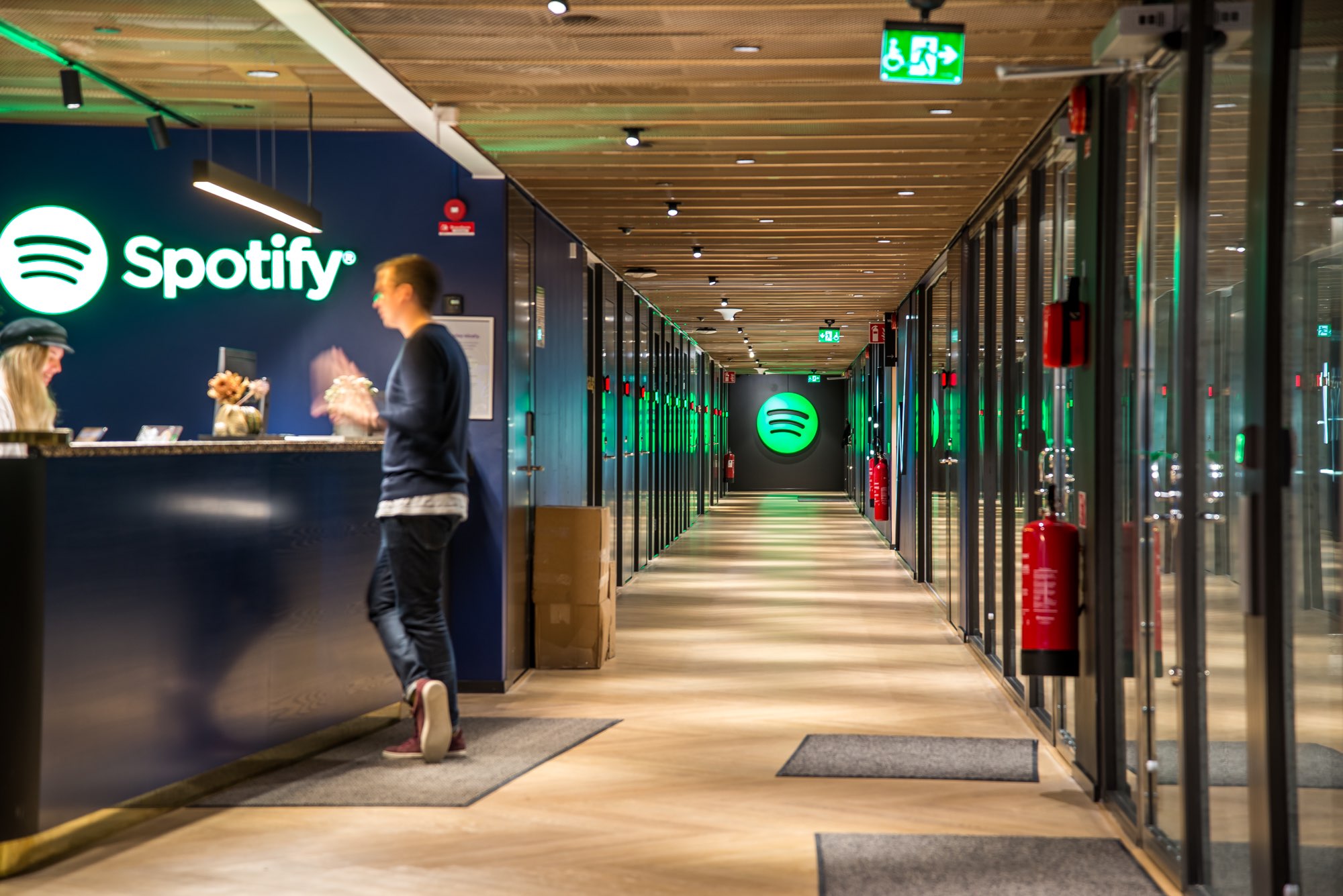
Spotify yesterday challenged the App Store business model, having filed an antitrust complaint with Europe’s competition watchdog calling Apple’s 15-30 percent levy on iOS subscriptions unfair and anti competitive. A few hours later, Apple posted an open letter on its website addressing Spotify’s claims.
A quick summary
Spotify’s boss and co-founder Daniel Ek in yesterday’s blog post called the App Store terms anti-competitive because the iPhone maker, in Spotify’s view, is acting acting as both “a player and referee to deliberately disadvantage other app developers.”
Because of Apple’s 30 percent fee on in-app subscriptions (which drops to 15 percent after twelve months), Spotify had to charge in-app subscribers $13 just so it could collect $10 per month (that it charges normally) after Apple’s cut.
Another problem is that Apple bars developers offering web subscriptions from even informing users how to purchase a subscription outside of their app—no in-app links, prompts, nothing…
Ek accused the iPhone maker of going to great lengths to impose “a series of technical and experience-limiting restrictions” on developers in order to force them to embrace Apple’s subscription model.
The problem is, Ek says, Apple does not make life any easier for programmers who opt for selling subscriptions outside of their app because of “a series of technical and experience-limiting restrictions” that the company imposes on them.
What Spotify is asking for
To that end, Ek proposed the following:
- First, apps should be able to compete fairly on the merits and not based on who owns App Store. We should all be subject to the same fair set of rules and restrictions—including Apple Music.
- Second, consumers should have a real choice of payment systems, and not be “locked in” or forced to use systems with discriminatory tariffs such as Apple’s.
- Finally, app stores should not be allowed to control the communications between services and users, including placing unfair restrictions on marketing and promotions that benefit consumers.
Apple’s response came just a few short hours later.
What Apple is saying
Apple’s detailed response denies all accusations made on Spotify’s part while calling their rhetoric an extortion attempt. “And it’s not just App Store that they’re trying to squeeze—it’s also artists, musicians and songwriters,” reads Apple’s unusually harsh response.
After using App Store for years to dramatically grow their business, Spotify seeks to keep all the benefits of the App Store ecosystem—including the substantial revenue that they draw from the App Store customers—without making any contributions to that marketplace.
At the same time, they distribute the music you love while making ever-smaller contributions to the artists, musicians and songwriters who create it—even going so far as to take these creators to court.
And this on the so-called App Store tax:
The only contribution that Apple requires is for digital goods and services that are purchased inside the app using our secure in-app purchase system. As Spotify points out, that revenue share is 30 percent for the first year of an annual subscription—but they left out that it drops to 15 percent in the years after.
Apple argues Spotify’s complaint boils down to this:
Let’s be clear about what that means. Apple connects Spotify to our users. We provide the platform by which users download and update their app. We share critical software development tools to support Spotify’s app building. And we built a secure payment system—no small undertaking—which allows users to have faith in in-app transactions. Spotify is asking to keep all those benefits while also retaining 100 percent of the revenue.
Here are a few key takeaways from Apple’s response to Spotify’s claims:
- Spotify for iOS has been downloaded over 300 million times
- Apple has approved nearly 200 updates for the Spotify app so far
- Apple offered Spotify help with Siri and AirPlay 2 integration
- Apple did not drag its feet in terms of approving Spotify for watchOS
- Spotify is currently the #1 app in the Watch Music category
- 84 percent of apps on App Store cost nothing to download
- Apple’s fee does not apply to apps selling physical goods, like ride-hailing and food delivery apps
- The App Store fee also doesn’t apply to subscriptions bought outside of an app
- “A significant” portion of Spotify’s customers come through partnerships with mobile carriers, which generates no App Store contribution.
- “Only a tiny fraction” of Spotify’s subscriptions are subject to Apple’s revenue-sharing model.
Our take
To inform customers and investors about its complaint against Apple and the terms of business in App Store, Spotify has launched a “Time To Play Fair” website at timetoplayfair.com.
As we wrote yesterday, this lawsuit could set a major precedent because it might radically shake up the App Store economics should Apple be found guilty of anticompetitive behavior.

Spotify probably felt there’s a perfect storm of factors working in its favor, from Facebook’s privacy scandals to bigger questions surrounding the privacy intrusions by Big Tech to Senator Elizabeth Warren’s wide-reaching new plan to break up major companies, including Apple.
So far, it’s not clear if the European probe might spur a parallel antitrust investigation back in the United States, but if it does and Apple is found guilty, the whole App Store economics and dynamics could change overnight.